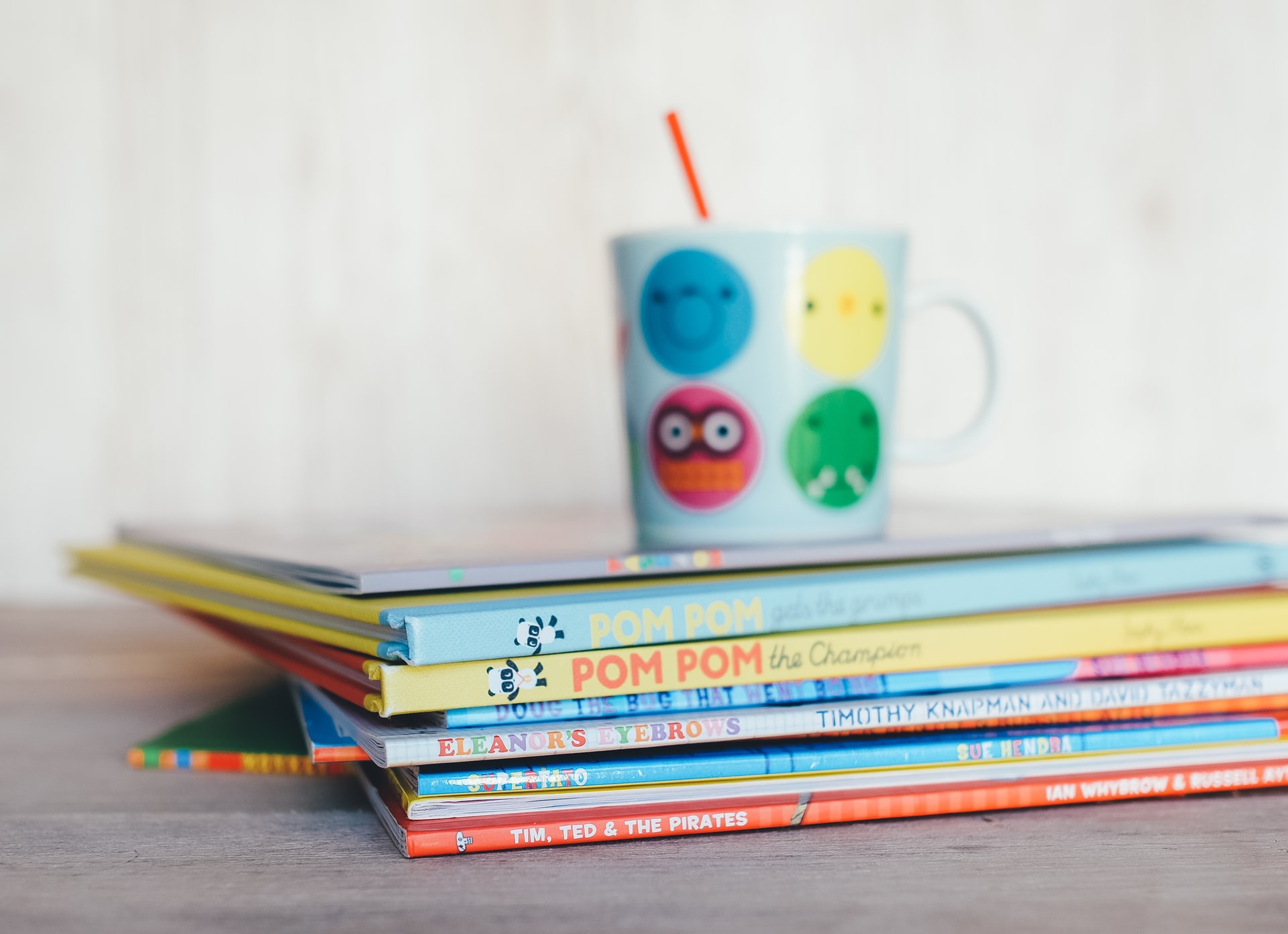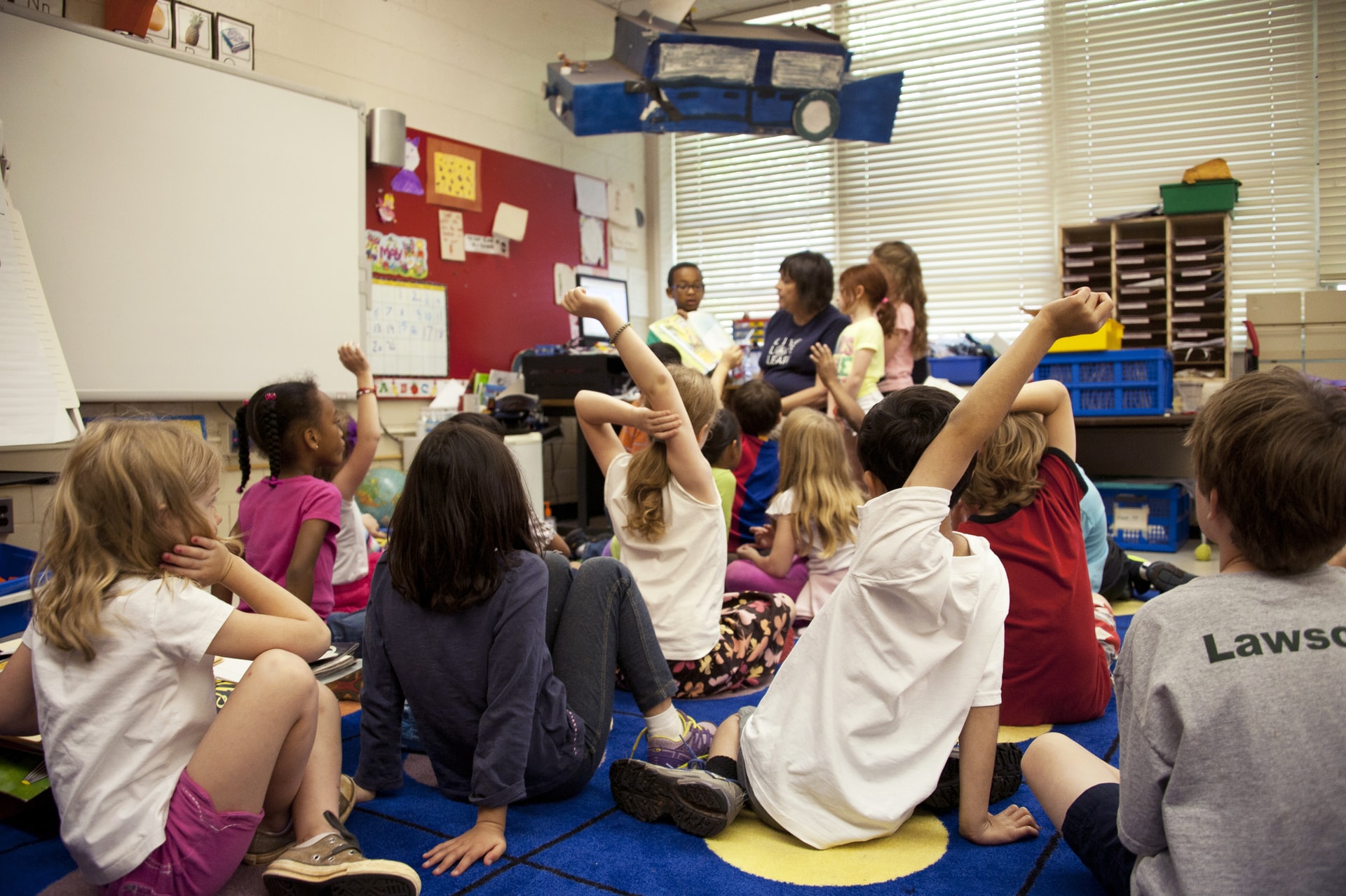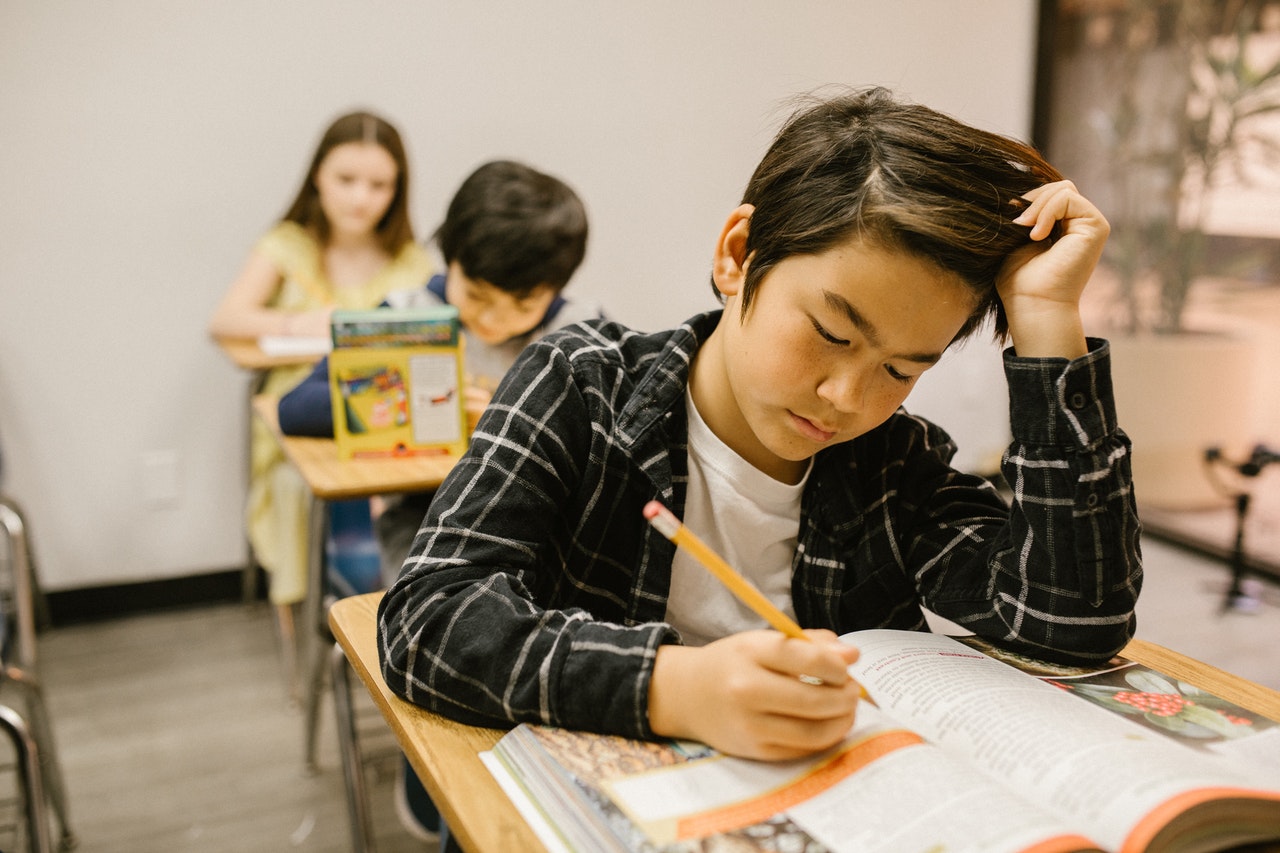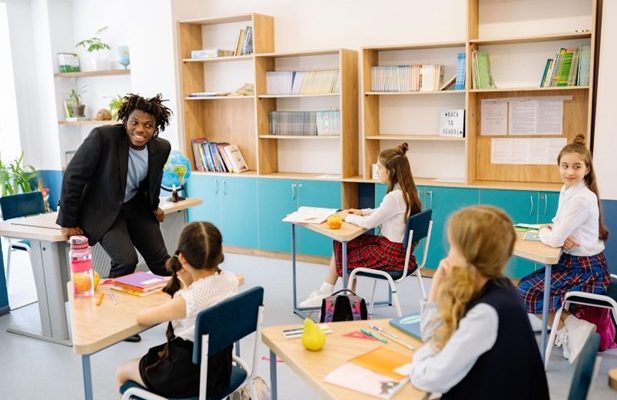Literacy: What You Should Know

Literacy is the ability to read and construct legible writing. These skills are the two most essential parts of every aspect of learning. Sometimes, the word ‘literacy’ is also utilized to mean ‘having reasonable knowledge of or being competent at something.’ In this sense, people often talk about computer literacy, financial literacy, etc.
Often, the expression ‘basic skills’ is interchangeably used with literacy. It’s an umbrella term that encircles numeracy and digital skills along with reading and writing.
As children set foot in the school system, there’s a strong emphasis on developing their reading and writing skills. They engage in various learning opportunities that let them interact with a wide range of forms of text, using words, graphics, and visuals – both in print and digital forms. Students start to learn the rules of language, how to obtain information, assess it, use it ethically, how to communicate effectively, and how to develop meaning from different types of texts. As they proceed through the school system, they continue refining all their foundational skills as they get to learn a wider range of texts and technologies.
The huge amounts of information available through print and the Internet and the opportunity to communicate with varied and wide audiences around the world have expanded the ways today’s students read and communicate. Today, literacy for the students also means preparing them to be ethical and critical consumers of information.
Literacy development is a crucial part of the overall development of a child. It’s the foundation for performing well at school, problem-solving, developing independence, making decisions, socializing with others, working, and managing money. But before children can focus on learning to read and write, there’re building blocks for literacy that they need to develop. These include the ability to speak, watch, listen, understand, and draw.
And as they get older, they should also learn about the connection between spoken words and letters on a page. Communicating with children helps to develop their ability to listen, speak, and understand as they get older. Parents should also read with their children often. Reading with kids from an early age aids them in developing a robust foundation for literacy.
Students’ literacy development is a shared responsibility among all teachers. Each subject area teacher is responsible for further strengthening, developing, and enhancing literacy. As each subject area comes with its own literacy demands, content area teachers are well aware of the literacy requirements of a particular subject.






